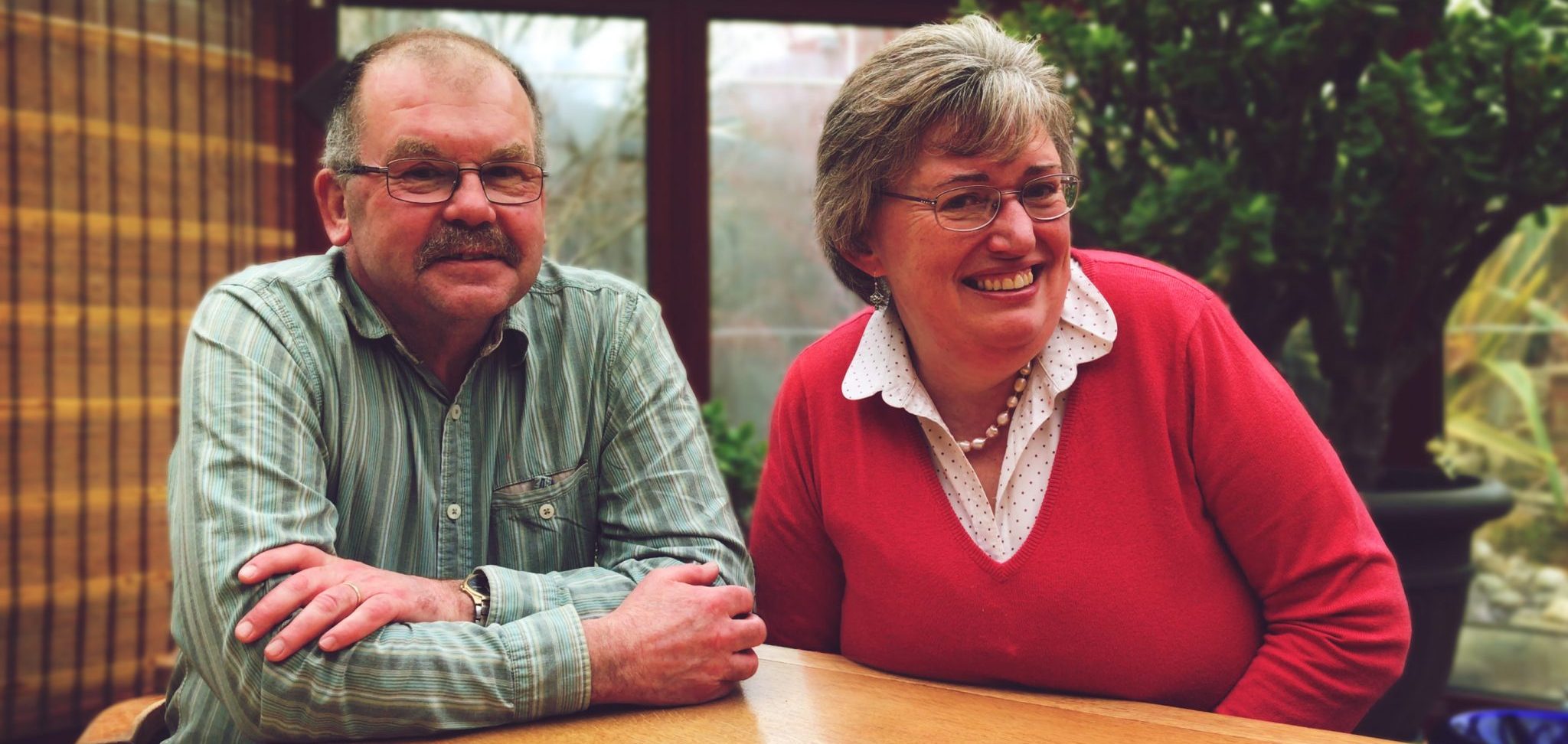
In their films, Keith & Katie talk about what happened when Keith had his OHCA and how fortunate they were that CPR commenced so early. Keith spent a considerable time in hospital, initially in the intensive care unit, before moving to a high dependency unit and then a general cardiac ward. His memories of this are very limited, but Katie discusses what happened to him during his hospital journey and shares what it was like for her watching him go through the whole experience. Both Keith and Katie have been very accepting of what happened and talk about how important it is for them to get on with life. Since his arrest, Keith has acquired a passport and, for the first time, has travelled abroad on holidays.
In this film, Keith and Katie talk about what happened when Keith has his OHCA. Keith had spent a normal day, spending time with his elderly father, before collapsing at home. He has no memory of what happened. Katie phoned the emergency services but she was unable to move Keith in to the position suggested by the call handler so she ran next door for help. Luckily for them, the next door neighbour had completed a first aid course and he immediately started resuscitating Keith. An ambulance crew and a GP arrived on the scene very quickly. Keith’s heart was shocked three times using a defibrillator before his condition was stable enough for him to be transferred to hospital. Katie did not travel in the ambulance with him and is not sure whether she would have liked to or not.
Keith and Katie discuss the period when Keith was in hospital. Keith spent several days in an intensive care unit, followed by time in a high dependency unit and a cardiac ward before being discharged home. He has no memory of his time in hospital until he was admitted to the general cardiac ward. Katie shares her memories of waiting in the accident and emergency department and recalls being in a total panic. She vividly remembers the hospital doctor who told her of a similar patient who had an OHCA and who had recently gone home, as this gave her hope that things would be okay. Despite the fact that Keith had a very bad reaction to one of the drugs he was given, Katie says that she knew he was going to survive. She feels very fortunate in that they had family who worked in the hospital and who knew how to ask for information and which questions to ask. When he was in the high dependency unit and withdrawing from the strong drugs he had been given in the intensive care unit, Keith became very confused. Katie was reassured that this confusion was only temporary and that Keith had not suffered any brain damage.
In this film, Keith and Katie reflect on what it was like when Keith came home from hospital. Keith felt very safe in hospital and worried about having another OHCA once home. He did suffer from fatigue and found himself getting tired more quickly than previously. However, his energy levels gradually returned to normal. Keith was not offered cardiac rehabilitation but his GP and the local nurses carried out regular check-ups on him. About a year after being closely monitored, Keith returned to hospital to have an implantable cardioverter defibrillator (ICD) fitted. The ICD has not yet been activated and Keith is not concerned about having it. The couple do their best to carry on with life as if nothing had happened. Katie stresses the importance of supporting the relatives of those who have had an OHCA as it is a very stressful time for them. Keith was off work for 6 months before going back on a phased return basis, where he gradually built up to full-time hours again. He soon got fed up of not being able to drive and got his driving license back after only 4 weeks. Since Keith’s OHCA, both he and Katie have become community emergency first responders. At one of the training sessions for this, Keith met the two paramedics who had resuscitated him – it was the first time that either of them had met somebody they had saved.
Since his OHCA Keith’s motto has become ‘live life to the full without going to any excess’. He now recognises the importance of listening to his body and realises there are limitations to what he can do. Having his OHCA has opened up new horizons for the couple. For the first time in his life, Keith has a passport. The couple have taken some holidays in Europe and are now planning a trip to Canada.
Defbrillators
Implantable Cardioverter Debrillators
Intensive Care
Practical
Support for Carers
Please answer each of the following questions. All results are completely anonymous and used for quality assurance purposes only.